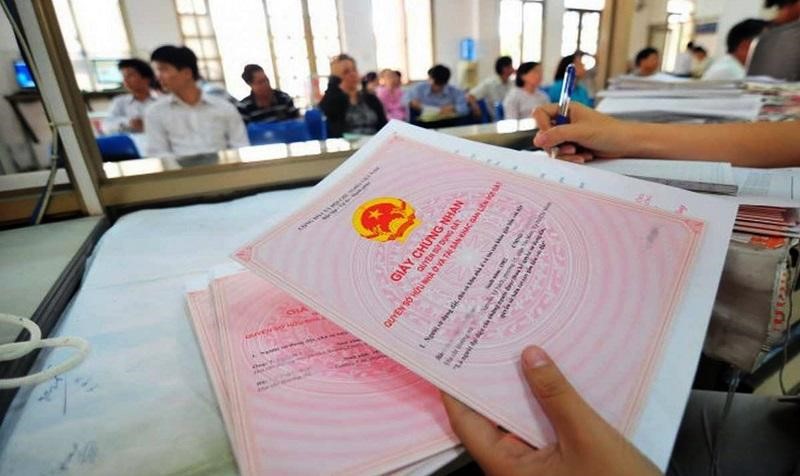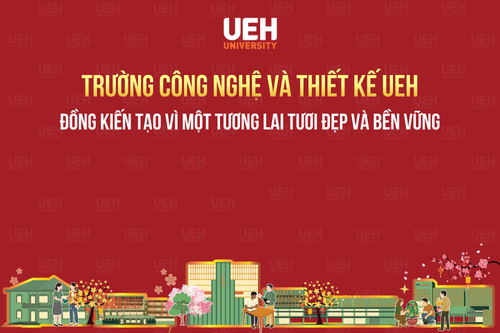
Land Law Reform For Economic Development Promotion
06 Dec, 2021
Land Law has always been a hotly debated issue in Vietnamese National Assembly. This law has had a profound impact on people' lives, business activities and economic development of the whole country. More broadly, land ownership has always been a fundamental institution throughout the development history of human society. Therefore, the relationship between land ownership and economic activities is always an interesting topic for economic researchers in particular and social sciences in general.

The relationship between private land ownership and economic development of countries
Douglass North (Nobel Prize Laureate in Economics in 1993), since the 1970s, has developed the hypothesis that private land ownership was at the root of the first industrial revolution and people’ wealth in Western countries. As stated by Douglass North, private land ownership motivates the private sector to invest capital in businesses because they are sure that the right to the investment results on their land will be protected by law. In addition, private land rights also create conditions for owners to pledge land to borrow capital for investment. Another important effect is that private ownership of land makes it easier for land to be bought and sold in the market, as a result, promoting land allocation to investors who are able to generate profits with high returns on land.
Being consistent with Douglass North's analysis, numerous studies that have examined investors' opinions on the protection degree of private land ownership have found the correlation between protection degree of private land ownership and economic development of countries around the world. Therefore, many developing countries, including Vietnam, have experimented with many institutional reforms on private land rights in order to free up resources for economic development. An important question arisen is how particular countries should establish private land ownership in order to promote economic activity. A new study by Dr. Hồ Hoàng Anh at School of Economics, Law and State Administration (CELG), UEH University used the context of Vietnamese Land Law in 1993 to contribute an empirical answer to this question.

Land ownership – the origin of the first industrial revolution
Vietnamese case application: Measuring economic development at commune level in relation to night-light intensity data
In 1993, Vietnam enacted an important land law that established land-use right certificates and allowed owners to buy, sell, lease, pledge and transfer land-use rights certificates. In other words, the land-use right certificate for annual crop planted land has a 20-year term whereas land for perennial crops and forestry land has a 50-year term. After this period, the holder of the land-use right certificate can apply for an extension. Most importantly, commune-level authorities are no longer allowed to arbitrarily recover and distribute land-use rights as before. Vietnamese Land Law in 1993 was one of the most impressive land tenure institutional reforms in developing countries. By 2000, approximately 11 million land-use right certificates had been issued to rural households across the country.
A major challenge in assessing the impact of 1993 Land Law is how to measure economic development at commune level when data on gross domestic product (GDP) at the commune level is virtually nonexistent. To address this, this study used night-time light intensity data, provided by US National Oceanic and Atmospheric Administration (NOAA) satellite imagery, to measure economic development at the commune level. Because night-time consumption and production requires light, recent studies in the development sector have shown that night-time light intensity is strongly correlated with GDPs of countries and economic regions within each country as well as other additional indicators of economic development.
Using a random data sample covering more than 2,000 communes in rural areas (compared to a total of more than 8,000 communes) in 2004, the study found that the proportion of agricultural land with land-use right certificates has a positive relationship with light intensity. Specifically, when the agricultural land area with land-use right certification increased by 1%, the night light intensity increased by about 0.6%. However, this result fluctuated quite strongly when econometric methods were used to check for confounding problems in the data.

Land-use right certification leaving a positive effect on light intensity without a great extent (Source: collected image)
Two potential reasons for the relatively small impact of the 1993 Land Law on economic development in rural areas are as follows. First, the 1993 Land Law only grants land-use rights for a fixed period, legally speaking, the land remains under State ownership and can be expropriated with compensation below market value. Therefore, land users have no incentive to invest their full potential in the land. Second, in land transactions, land users have to go through a variety of complicated administrative procedures and pay too many taxes and fees. This is why the costs of time and money in land transactions in Vietnam are generally higher than those in other Southeast Asian countries. Previous studies have also shown that land-use right certification in agriculture has a positive but not too massive impact on farm households’ investment level. In addition, the fact that land purchase activity on the market remains low slows land allocation toward potential productivity.
Suggested policies from this study
The empirical evidence in this paper raises two important policy proposals for institutional reform on land tenure in Vietnam, especially in agricultural sector. Firstly, Vietnam State should continue to improve and further promote land ownership in order to maximize private sector’s investment potential. Secondly, forceful reforms are urgently required to reduce administrative procedures and fees related to land transactions with the purpose of facilitating land transactions and speeding up land allocation process toward potential productivity.
The research paper titled “Land tenure and economic development: Evidence from Vietnam” was published in World Development Journal, April 2021 Issue, Elsevier Publishing House. World Development Journal is one leading scientific journal in development research field, classified in Q1 segment (SSCI) of Web of Science, with an impact factor of 5.278 in 2020. Please view the full research paper and analysis of Dr. Hồ Hoàng Anh Author - UEH School of Economics, Law and State Management here.
This writing in Series of spreading research and applied knowledge from UEH, we would like to invite Distinguished readers News Podcast ECONOMY NO. #18 “Big Data towards sustainable development target: International Experiences”.
News, Photos: Dr. Hồ Hoàng Anh, Department of Marketing – Communication.










